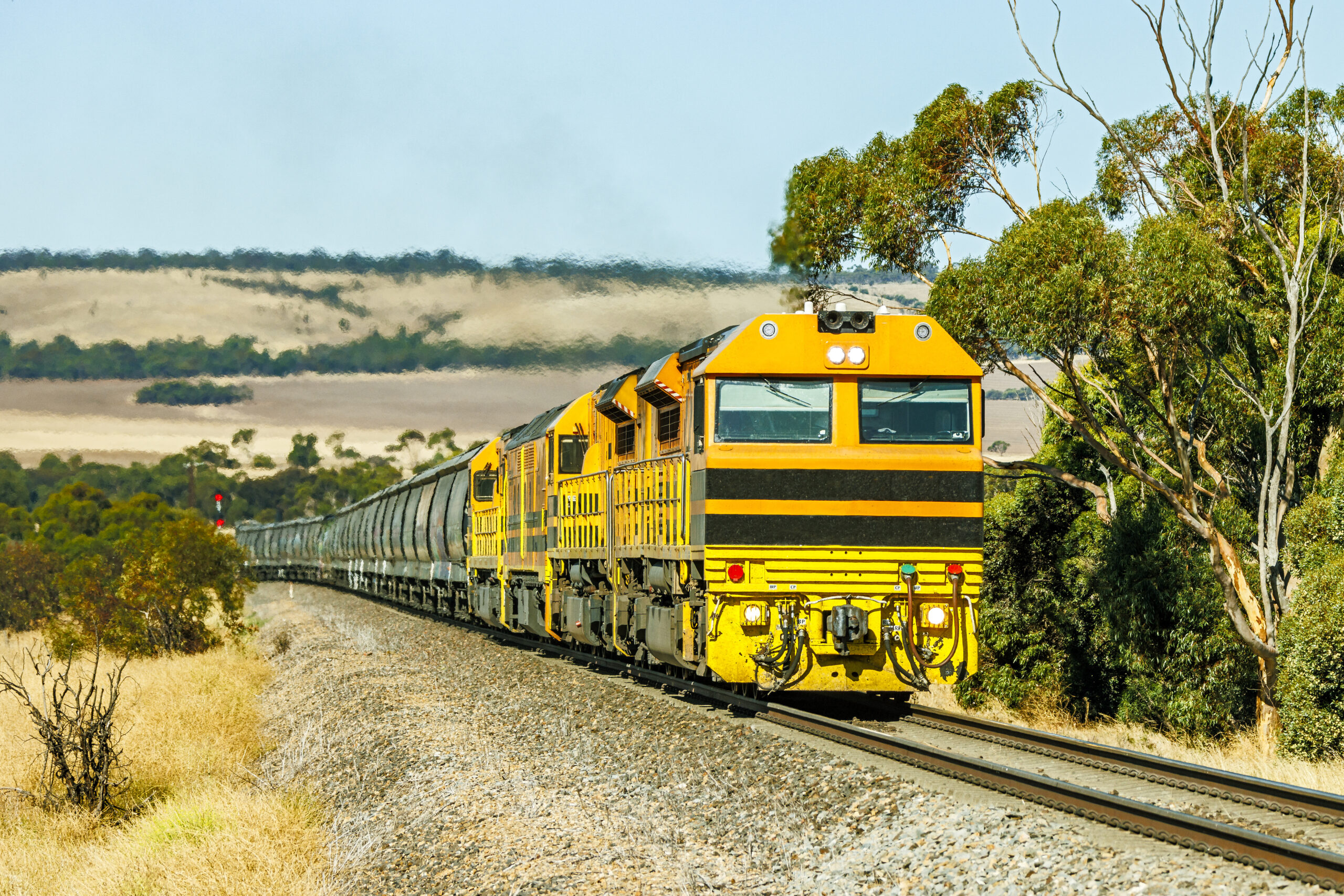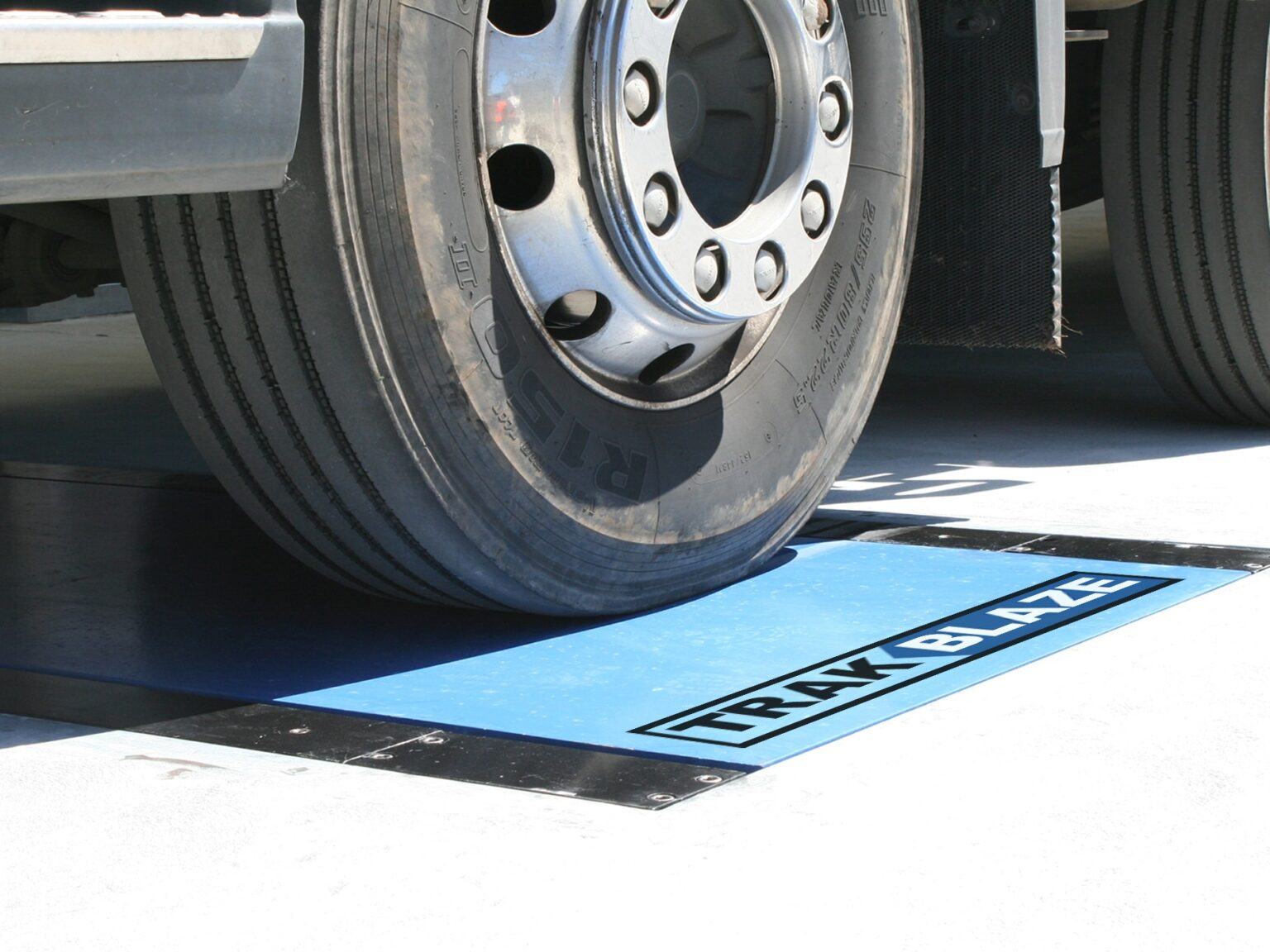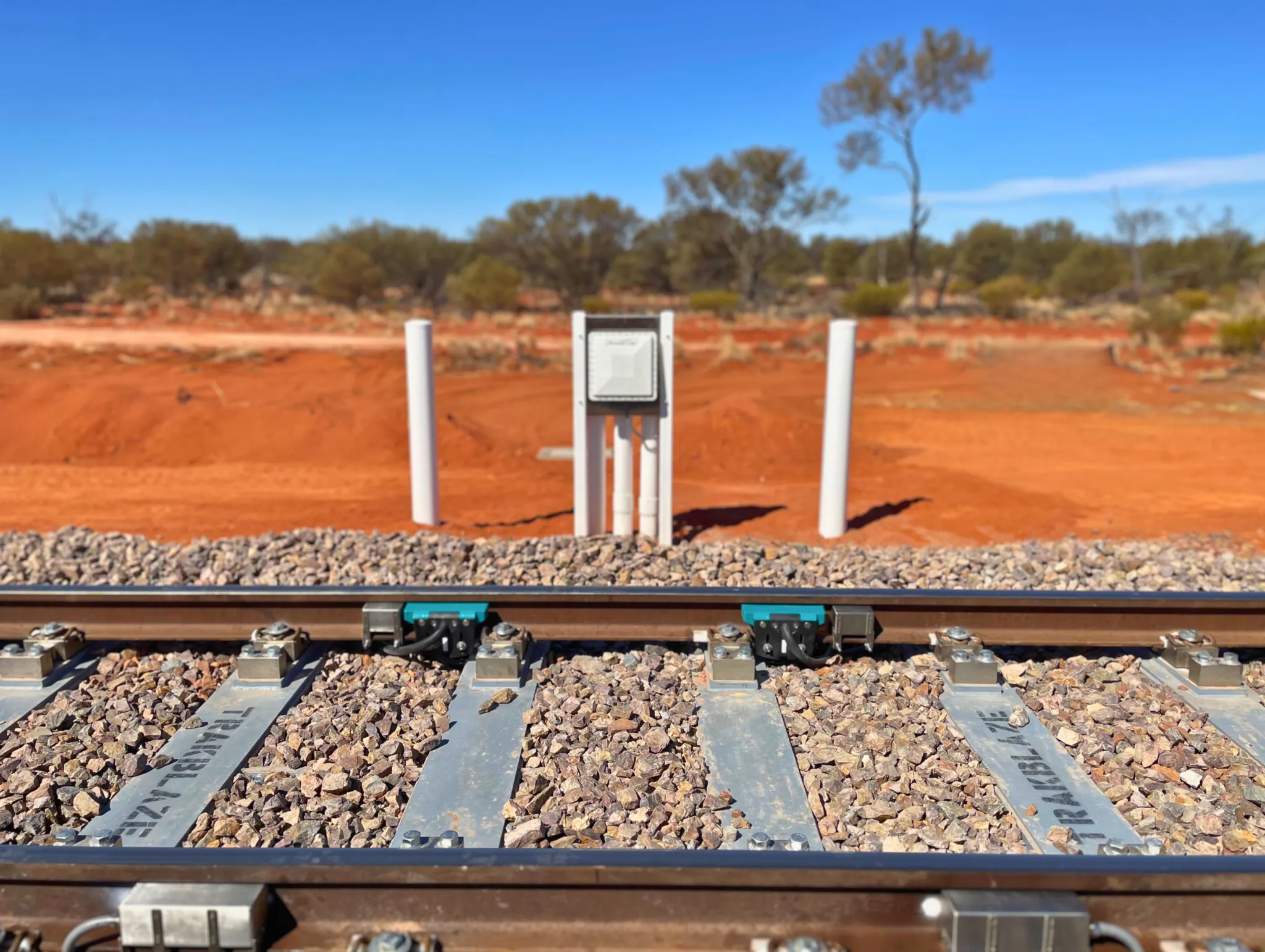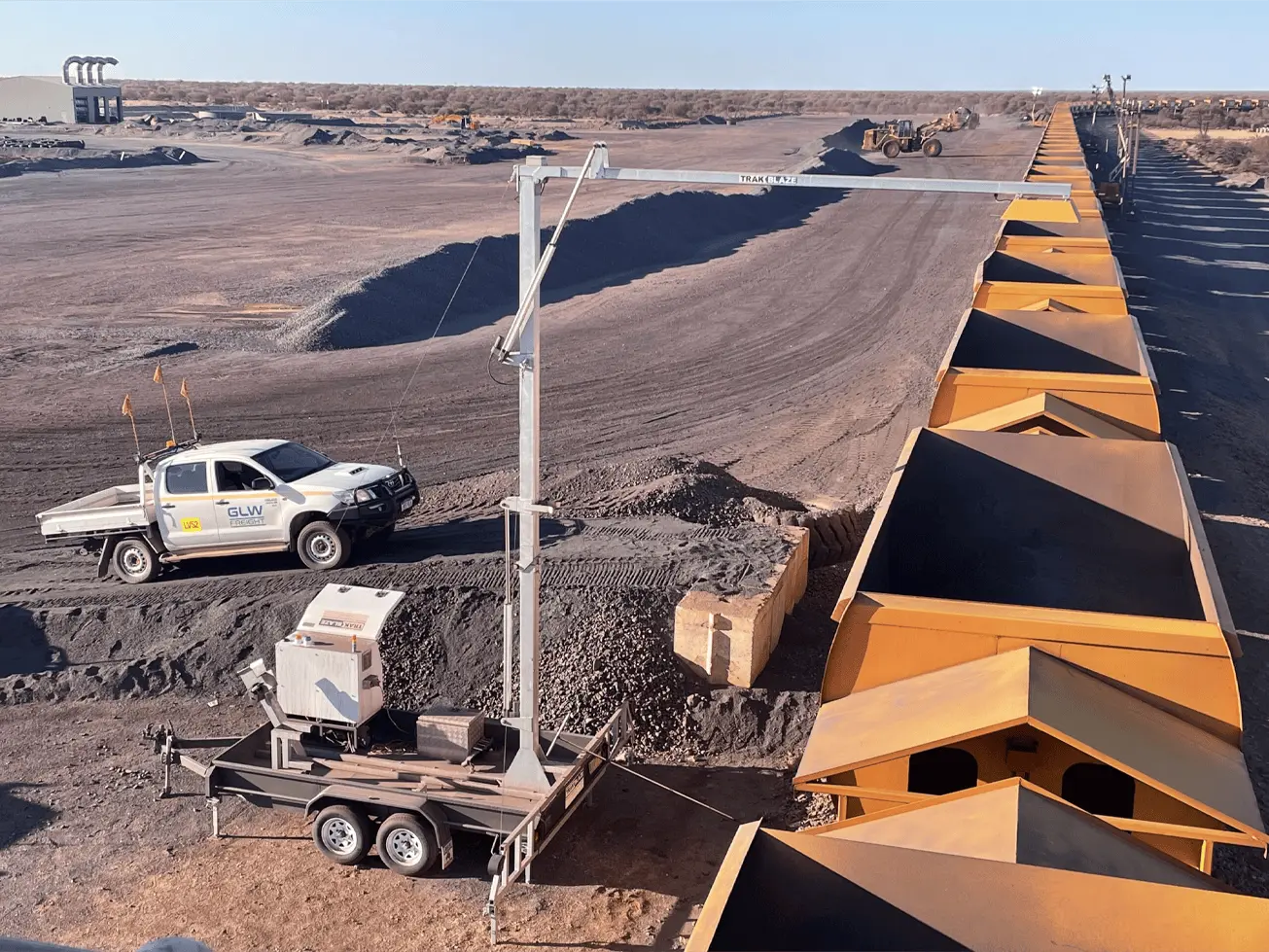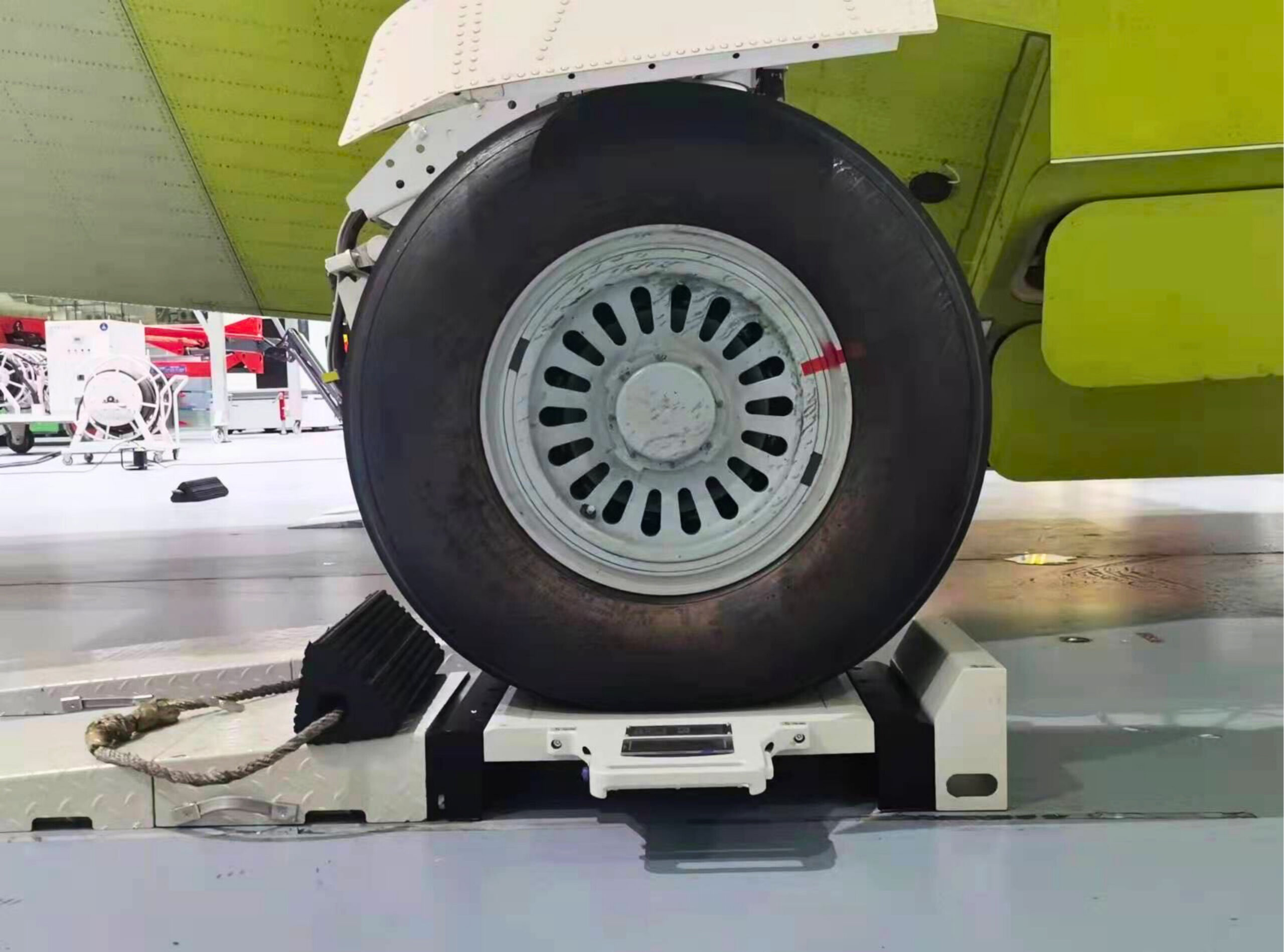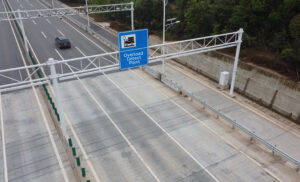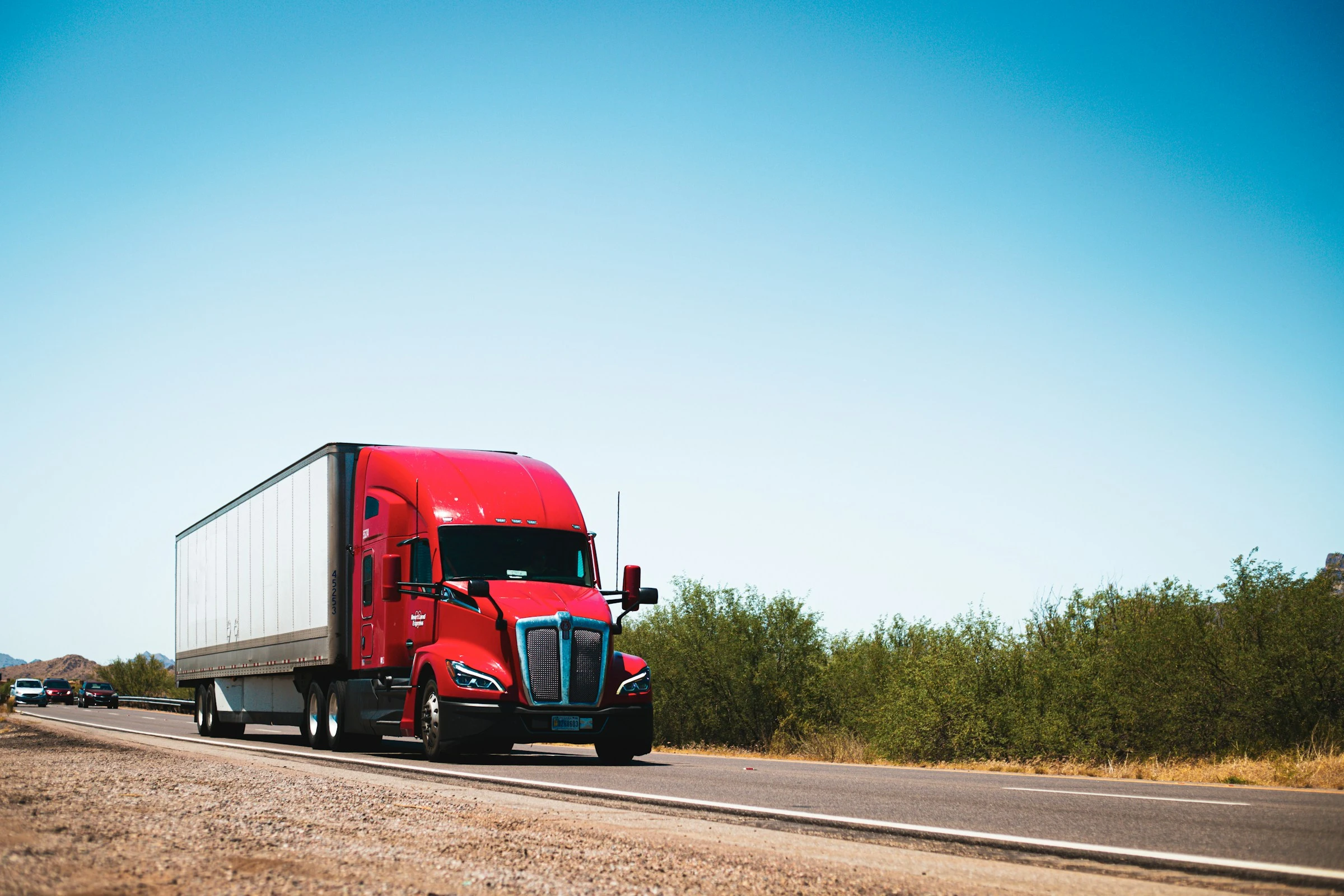At a glance
- Accurate weighing reduces fuel use, vehicle wear, and maintenance needs by preventing overloading and underloading.
- Pre-departure and in-motion weighing support Chain of Responsibility compliance, helping operators avoid penalties, investigations, and reputational damage.
- Portable and in-motion systems accelerate dispatch, minimise delays at fixed weighbridges, and integrate seamlessly with ERP systems to enhance reporting and fleet visibility.
- Consistent load accuracy extends vehicle life, supports safety, and strengthens brand trust, all of which are critical for winning contracts and running a resilient operation.
Freight, logistics, and mining operators face mounting pressure to cut costs, improve safety, and meet stricter compliance standards. With tight margins and legal responsibility extending across the supply chain, operators need solutions that deliver clear, measurable value, not just compliance.
Truck weighing systems, once seen only as compliance tools, are now core infrastructure for high-volume operations. They provide tangible returns across operations by reducing fuel and maintenance costs, preventing penalties, streamlining dispatch, extending asset life, and reinforcing safety standards.
As a result, the ROI of truck weighing systems extends beyond cost savings. It includes time efficiencies, legal protection, better decision-making through data, and stronger reputational standing.
This article explores how truck weighing systems deliver ROI, from operational efficiencies to long-term business resilience.
Cost Savings from Load Accuracy
Every tonne moved in freight, mining, or construction matters not just in total weight but in how that weight is distributed. Improper loading leads to two major cost drains: overloading and underloading.
Overloaded vehicles consume more fuel, cause faster wear on tyres, suspension, and brakes, and face a higher risk of mechanical failure. Underloaded vehicles run the same routes with the same fuel, time, and labour but generate less revenue.
Accurate load measurement eliminates both issues. It ensures that each vehicle operates close to its optimal capacity without breaching legal or mechanical limits. This control is especially valuable in decentralised or temporary loading sites, where guesswork creates inconsistency.
Integrating weighing processes early in the loading workflow enhances payload consistency and enables tighter dispatch planning, ultimately reducing long-term wear on the fleet. These incremental efficiencies improve margins, reduce breakdown risks, and strengthen operational control.
Compliance and Penalty Protection
In Australia, overloaded trucks pose mechanical risks and expose operators to legal and financial consequences. To manage these risks, compliance focuses on Gross Vehicle Mass (GVM) and axle weight limits, with breaches attracting penalties.
Under the Heavy Vehicle National Law (HVNL), Chain of Responsibility (CoR) rules make vehicle safety a shared obligation. The duty no longer rests with the driver alone. It applies equally to schedulers, loaders, consignors, and senior management. This makes accurate axle and gross weighing essential across the supply chain.
Breaches can result in fines for both driver and company, defect notices, vehicle grounding, and reputational damage that costs future contracts. That’s why pre-departure weighing is essential for compliance. Trakblaze’s FORCE 1, a low-speed truck axle weigh-in-motion system, verifies both axle and gross vehicle mass (GVM) before trucks leave the site.
In high-volume or limited-space operations, dynamic weighbridge systems allow vehicles to be weighed in motion without interrupting traffic. This makes them well-suited to mines, ports, and regional hubs where halting each truck is impractical. By maintaining flow, these systems reduce the likelihood of fines, minimise operational risks, support CoR compliance, and reinforce a safety-first culture.
Operational Efficiency
In high-volume logistics, time is as valuable as load accuracy. Delays in the weighing process can cause bottlenecks, disrupt dispatch schedules, and reduce overall throughput. This is critical during peak periods or at remote mine sites with limited infrastructure, where efficient weighing systems prevent costly slowdowns.
Modern truck weighing systems remove these delays. In-motion solutions weigh vehicles as they move, eliminating the need for stop-and-weigh requirements. This is especially effective at ports, regional depots, and mining sites where maintaining traffic flow is essential.
Portable solutions, such as TRUCKMATE portable truck scales, offer further flexibility. They bring the scale to the vehicle, reducing detours and eliminating idle time. This mobility is ideal for temporary or remote loading zones, enabling faster, decentralised operations.
The efficiency gains extend beyond weighing. When linked with ERP or fleet systems, truck scales record and report weight data automatically. This removes the need for manual entry, shortens reconciliation time, and gives teams clearer operational visibility. The result is lower labour costs, less delay from yard congestion, and a measurable impact on overall return on investment.
Asset Longevity and Brand Trust
Truck weighing systems protect vehicles from premature wear while reinforcing operator credibility. Over time, consistent load control extends fleet life and strengthens brand reputation, directly supporting profitability and long-term resilience.
Legally compliant and balanced loads reduce mechanical strain. Components like brakes, tyres, suspension, and drivetrains last longer when vehicles aren’t routinely overburdened. The result is fewer scale breakdowns, extended service intervals, and longer equipment life, especially valuable in long-haul and mining operations where wear is accelerated.
Just as important is what this signals to clients and regulators. A strong safety and compliance record is now a competitive asset. Operators with a clean compliance record are seen as more reliable, lower risk, and more professional during tenders and audits.
Safety also contributes directly to ROI. According to road safety statistics, over 150 people die annually in Australia from truck-related incidents, many of which involve fatigue or poor loading practices. While the financial value of preventing a single crash is difficult to quantify, it reduces exposure to insurance claims, legal costs, downtime, and reputational damage. More importantly, it protects lives by preventing tragedies that carry immeasurable human cost and significant financial risk.
In conclusion, truck weighing systems deliver measurable returns across transport and logistics. Accurate weighing prevents overloads while supporting faster dispatch, longer fleet life, and assured compliance. The ROI goes beyond cost savings. It reduces risk, improves safety, and enhances credibility with clients, regulators, and partners. In a margin-tight industry, load accuracy is not just compliance; it is a competitive edge.
For operators looking to strengthen both compliance and performance, Trakblaze offers a full range of weighing solutions. Contact us for a tailored ROI assessment aligned with your fleet and operational goals.
